Fiction
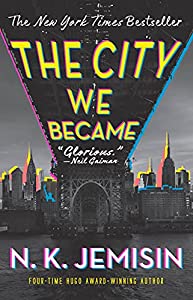 The City We Became by N.K. Jemisin
The City We Became by N.K. Jemisin
Fun read with major characters embodying cities. I’m not sure I liked it as much as the Broken Earth Trilogy, but still a fun read with some poignant social commentary.
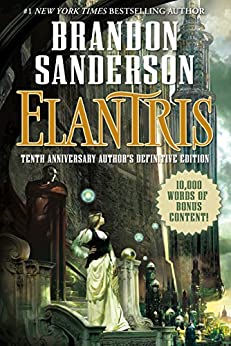 Elantris by Brandon Sanderson
Elantris by Brandon Sanderson
Sanderson’s first book is a solid debut. Some of the secondary characters are a bit flat, but the primary characters, setting and story arc are a lot of fun. It’s a breeze to read through.
Non-fiction
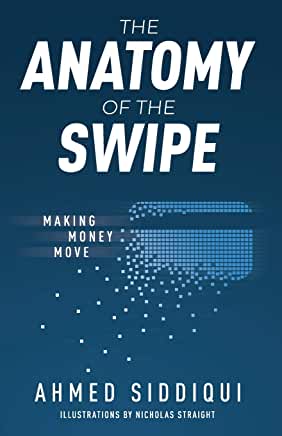 The Anatomy of the Swipe: Making Money Move by Ahmed Siddiqui
The Anatomy of the Swipe: Making Money Move by Ahmed Siddiqui
I thought it’d be handy to get some additional insight into our financial system for my job, and this book dips into some of the inner workings. It touches upon several different areas, but unfortunately doesn’t get too deep into the weeds. A relatively easy read.
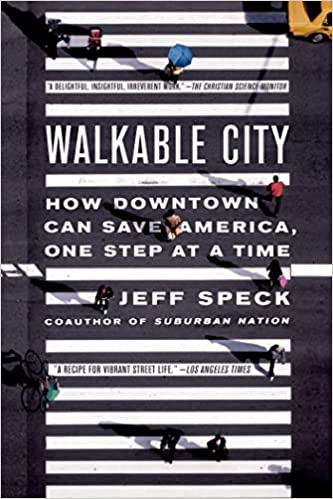 Walkable City by Jeff Speck
Walkable City by Jeff Speck
Probably the best book on urbanism and what to consider when planning a car-light city. The book goes through a variety of conditions that make a downtown great. This isn’t necessarily for giant cities, but small towns with an urban center definitely qualify too. The book covers sidewalks, building layout, transit, bikeability, parking, zoning, the whole thing. Very enjoyable read.
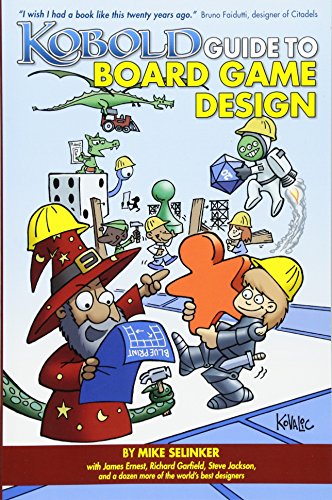 Kobold Guide to Board Game Design by Mike Selinker
Kobold Guide to Board Game Design by Mike Selinker
I’ve been kicking around a board game idea, and I thought this would be fun to read. The book consists of different stories from game designers around various stages of building out notable games. There are definitely some good nuggets of wisdom here, and it’s a pretty interesting read if you are a board game enthusiast with no interest in building a game yourself.
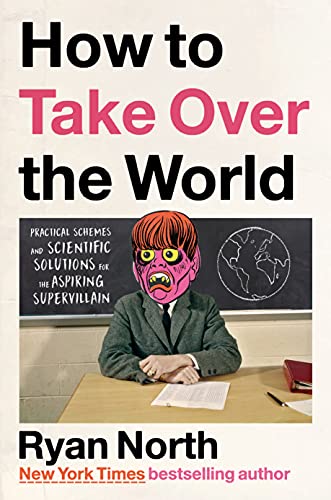 How to Take Over the World by Ryan North
How to Take Over the World by Ryan North
Kind of a non-fiction comedy, science and history book. You know the kind! This book describes itself as “Practical schemes and scientific solutions for the aspiring supervillain”. I read North’s previous book, How to Invent Everything a few years ago, and it strikes a similar tone: funny, informative, thought-provoking. Very fun read!
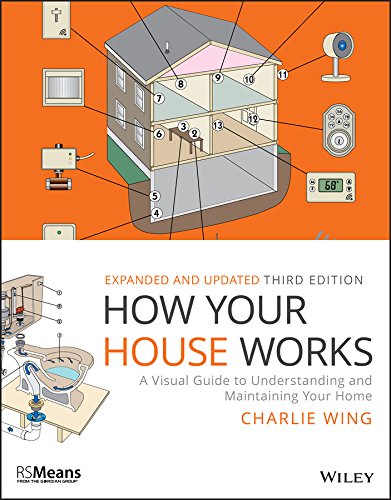 How Your House Works by Charles Wing
How Your House Works by Charles Wing
An excellent recommendation from Jonathan Palardy’s excellent yearly list, How Your House Works details all the major appliances and systems that power a home. It nicely diagrams the inner workings and offers basic maintenance or repair suggestions before contacting a professional. It contains descriptions of older, oil and gas based appliances as well as their newer electric counterparts.
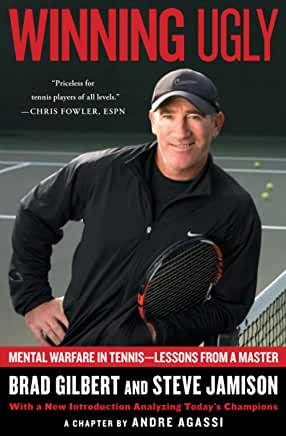 Winning Ugly by Brad Gilbert
Winning Ugly by Brad Gilbert
This tennis strategy book came highly recommended to me from a few people I hit with. The book discusses preparation, strategy, and critical junctures in between interesting anecdotes from Gilbert’s career. Honestly, the match stories are incredibly interesting, even if you’re a tennis fan who’s not interesting in picking up a racquet. This book definitely gave me a few things to think about for my game.
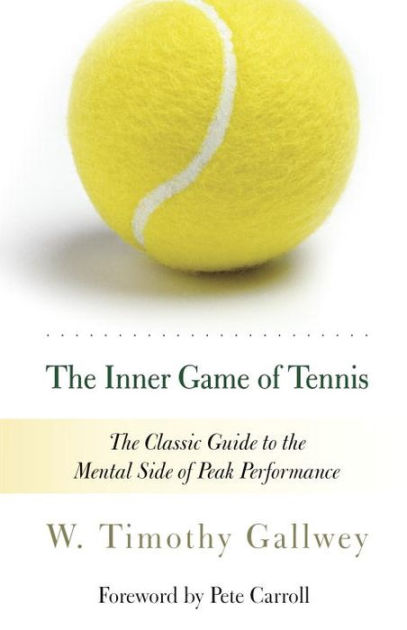 The Inner Game of Tennis by W. Timothy Gallwey
The Inner Game of Tennis by W. Timothy Gallwey
Although this book uses tennis as an example to illustrate its point, it’s not exactly about tennis per se. It’s really about shutting down your logical, critical self to get into flow, and to learn. Bill Gates recently recommended this book as well, and describes it better than I could. Personally, it’s an interesting premise, but even though it’s a short book, I still found it a bit too long.
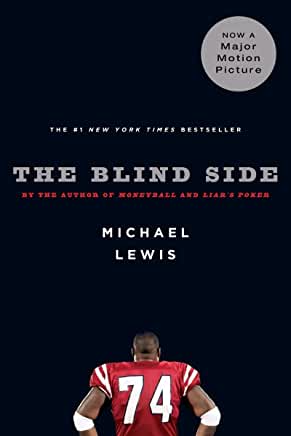 The Blind Side by Michael Lewis
The Blind Side by Michael Lewis
Lewis is such a fantastic writer. I read two of his books last year which were also great. Not only is the story about left tackle, Michael Oher, incredible, but it weaves together a lot of football history and some social commentary. The movie is good, but the book has so much more rich detail in it.
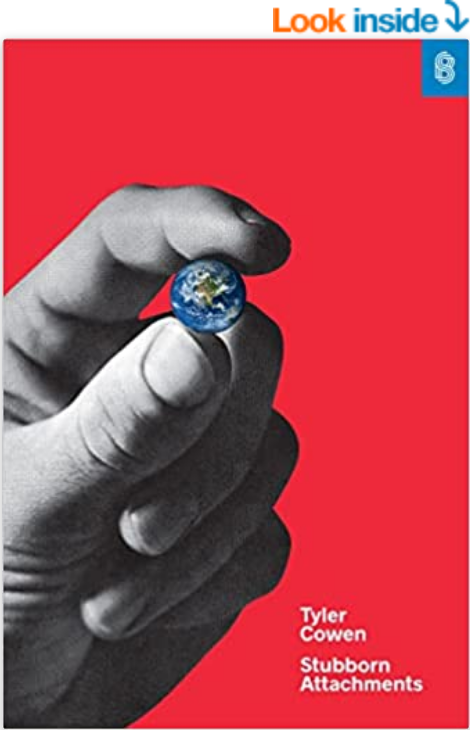 Stubborn Attachments by Tyler Cowen
Stubborn Attachments by Tyler Cowen
I enjoy Tyler Cowen’s blog and several of his books. This one, although not particularly long, is a little bit harder to parse. Basically, he asserts that growth is good (which I agree with) and offers multiple philosophical and economical points of view on the topic.